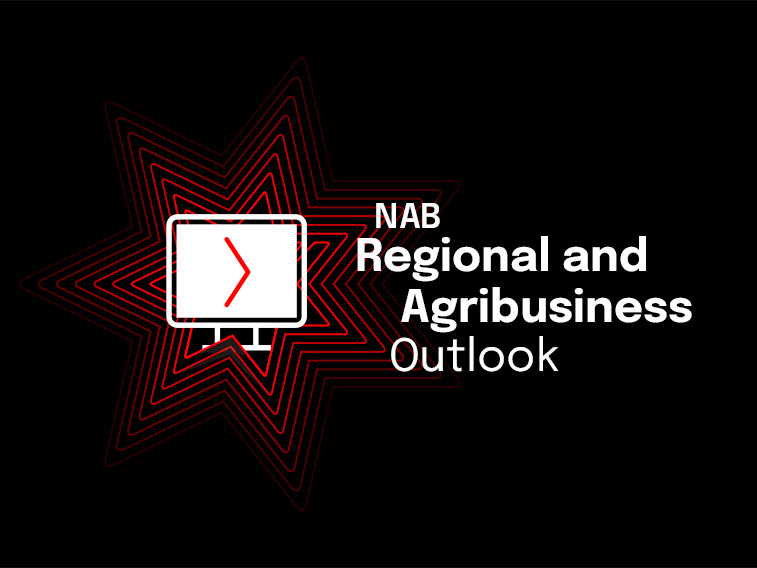The latest NAB Regional & Agribusiness webinar provides insights on the Australian & Global Economies, and a regional and rural property update. Watch the webinar here.

Webinar
SME confidence declines ahead of the COVID-19 disruption.

Small and Medium Enterprise (SME) business conditions were flat in Q1 with the survey occurring ahead of the substantial escalation in coronavirus containment measures. Conditions for high-tier firms edged lower, but were offset by a small improvement in conditions for the mid-tier firms. Conditions in the low-tier firms were unchanged but remain the weakest across the three segments.
According to Alan Oster, NAB Group Chief Economist: “SME conditions were broadly flat in Q1, with conditions still most favourable for larger firms. The smallest firms continue to report a deterioration in conditions but at the same pace as in previous quarters. Mid-sized firms saw an improvement in the quarter”.
SME business confidence declined in the quarter t0 -3 index points. High-tier firms saw a sharp deterioration, confidence in the mid-tier improved slightly, while the outlook in the low-tier was unchanged. Confidence is now negative across all SME segments.
“Confidence became slightly more negative in the quarter. suggesting that firms expect conditions to worsen further going forward. Indeed, we saw a notable fall in forward orders in the quarter” said Mr Oster.
Other forward-looking indicators were also softer in the quarter. Expected business conditions 3- and 12 months out declined. While capacity utilisation was broadly unchanged forward orders declined and are negative. Unsurprisingly, the outlook for capex and employment in both the near and medium term also weakened with firms unlikely to expand in current circumstances.
According to Mr Oster: “While we saw a large hit to businesses in the quarterly business survey, it appears the early effect on the SME segment was smaller. That said, the survey occurred well before the significant escalation in the governments coronavirus containment efforts. Nonetheless, the virus appears to have had some impact with a broad deterioration in forward looking measures even at an early stage”.
“The SME sector will be a significant concern going forward given the significant containment measures now in place which have certainly had a large impact across the economy. A key question is whether the SME sector can weather the storm and come out the other side.” Mr Oster said.
According to Mr Oster: “There was an early deterioration in cashflow for the sector, even before the more significant halt to activity. The significant policy measures put in place by the government, the low rate environment and the credit measures implemented by the RBA will be important supports to the sector. They may be unable to stop the near-term pain of businesses being effectively shut, but will hopefully provide support in the recovery phase”.
The NAB SME Survey is the leading survey of small and medium businesses in Australia, and complements the comprehensive Quarterly NAB Business Survey (QBS) which covers larger businesses. The SME survey offers a rich repertoire of insights into factors affecting smaller firms’ conditions by state, industry and size, as well as an assessment of their outlook for investment and output.
For more information, please see the NAB Quarterly SME Business Survey Q1 2020
© National Australia Bank Limited. ABN 12 004 044 937 AFSL and Australian Credit Licence 230686.